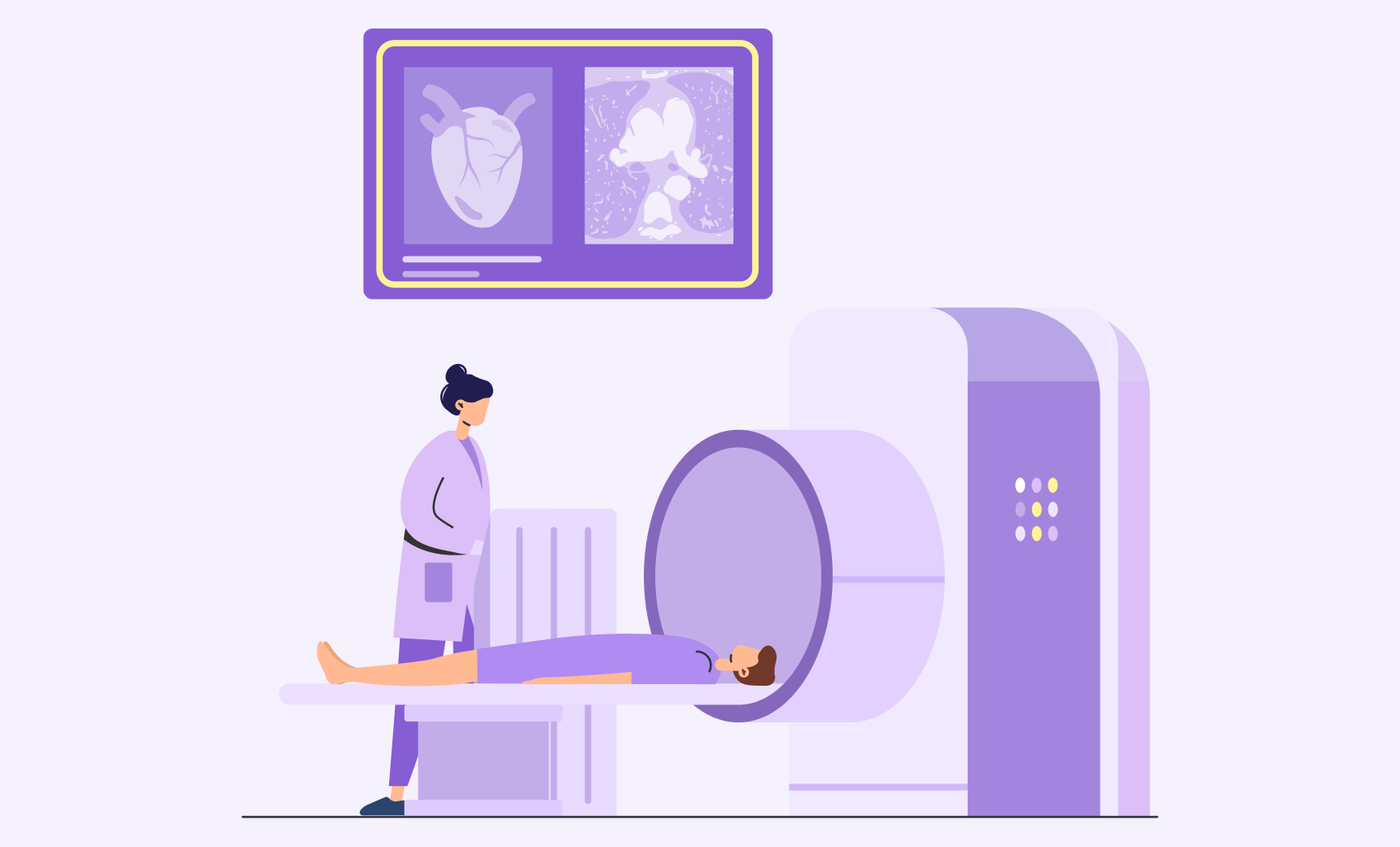
What are the several types of serology tests?
Serology tests are blood-based tests that can be used to identify whether people have been exposed to a particular pathogen. Serology-based tests analyze the serum component of whole blood. The serum includes antibodies to specific components of pathogens, called antigens. These antigens are recognized by the immune system as foreign and are targeted by the immune response. These types of tests are often used in viral infections to see if the patient has an immune response to a pathogen of interest, such as influenza, other forms of Coronaviruses.
- Neutralization tests can indicate whether the patient has active, functional antibodies to the pathogen in question by measuring how much the patient antibodies can inhibit viral growth in the lab.
- Immunofluorescent assay (IFA) – shows whether a patient has antibodies to a pathogen by displaying a fluorescent signal when patient antibodies interact with virus proteins.
- Enzyme-linked immunosorbent assays (ELISAs) – are more rapid serology tests that provide a readout of antigen-antibody interactions. Essentially, patient antibodies are “sandwiched” between the viral protein of interest and reporter antibodies, so that any active patient antibodies are detected.
- Western blot tests – which can be used in laboratory settings to detect the presence of a protein of interest by the emission of a colored or fluorescent reporter when an active antibody interacts with the viral protein.
The technology is still being studied and perfect regarding this COVID-19, Novel Coronavirus, therefore these tests are not on the market for COVID-19 yet. Such diseases like syphilis, lyme disease, and HIV AIDS utilize serological tests that can be used to diagnose infection and confirm diagnosis to help clinicians follow a proper treatment plan. This is determined after years of research and data driven scientific consensus. In the case for COVID-19 we stress the importance that Antibody Tests are NOT a method to determine diagnosis.
Antibody tests designed to provide results to individuals or healthcare providers can show whether someone was previously infected with SARS-CoV-2. However, these tests do have their limitations and must respect the word of the clinicians on this subject.
Antibody test results should not be used to diagnose someone with an active SARS-CoV-2 infection. After someone becomes infected with SARS-CoV-2 for their body to make antibodies it usually will take approximately 1 to 3 weeks. However with some people it may take longer to develop antibodies. Depending on many factors, for example; when someone was infected, the timing of the test, and the test may not find antibodies in someone with an active infection. All variables must be considered and all the more reason to remain vigilant during this time.
The Antibody Test available on our homepage is the best viable option the medical industry can offer so far. Click here to book your appointment today.




Andy Alem
The LabFinder Editorial Team is behind The Illuminator and The Insider, LabFinder’s consumer and business blogs.
Dr.Robert Segal
Dr. Segal is CEO and co-founder of LabFinder, as well as a board-certified cardiologist. He began practicing medicine in 2002 and has founded several businesses, including Medical Offices of Manhattan and Manhattan Cardiology.